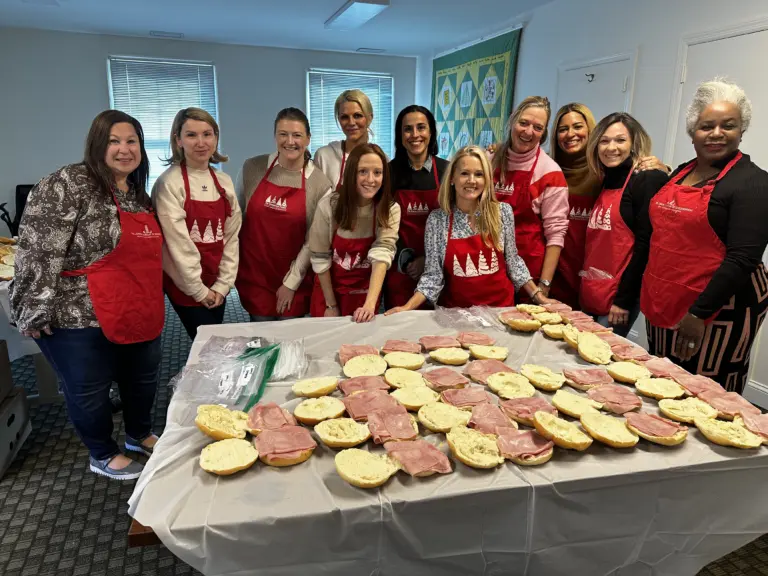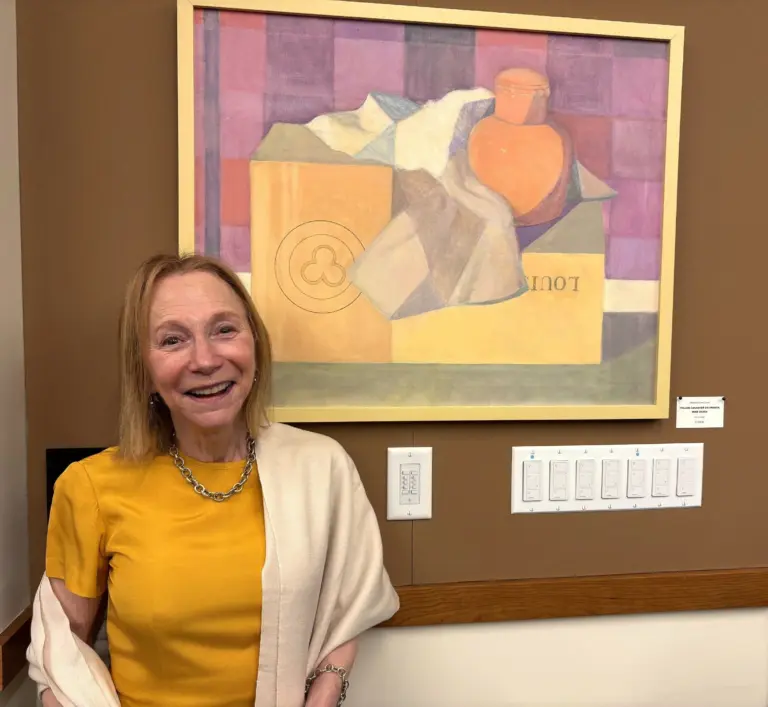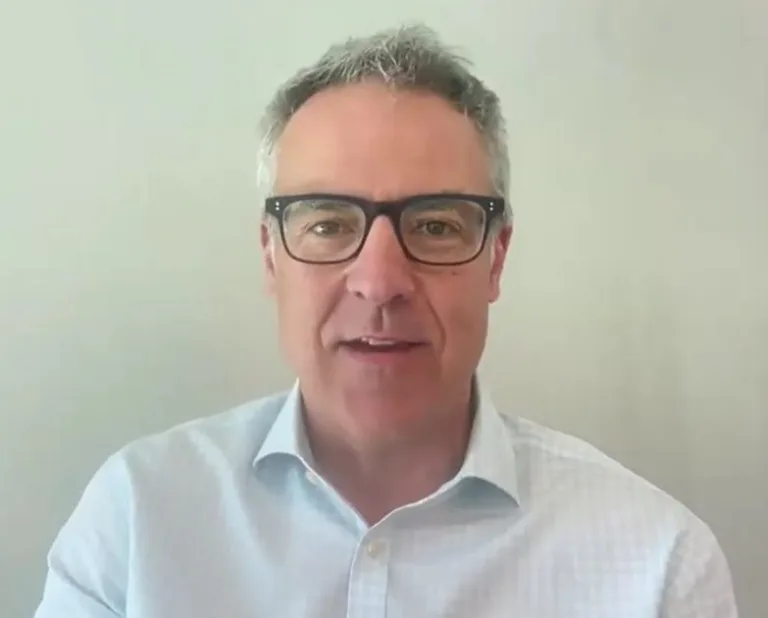By Edward Horstmann
If I had been asked, during the summer before my junior year in high school, to describe the quality of relationship between my parents, I would have said that there was no meaningful connection to speak of. No displays of affection, no friends in common, no cause to support. We ate meals together, we watched a little television together, but we were in no true sense a family. We did not belong to any organization or faith community that might have given us a sense of purpose larger than the small plans that we made to get us from day to day. If you had visited us in our home at that time, you would have had no difficulty observing the utter absence of joy.
Then my father was diagnosed with cancer. And although he underwent major surgery following the diagnosis of his condition, that only confirmed that he did not have long to live. But oddly enough, this became the moment when he discovered a whole new sense of vitality and meaning. He stopped abusing alcohol, stopped erupting in rages, walked our dog several times each day for exercise, pitched batting practice to me on mornings when the dew soaked our shoes and the baseballs we used. He began to attend services at the local Lutheran church and deepened a friendship with two Roman Catholic priests he had met while hospitalized. We began to watch television with a purpose, homing in on comedy shows to lift our spirits, and learned to laugh together again. After I received an award at a high school ceremony that my parents attended, my father wrote a note to me, acknowledging his frequent lack of support in the past, but expressing his pride in my achievements.
It wasn’t all smooth sailing. The sudden removal of alcohol from my father’s body did not make his body a happy camper, and he was mighty unhappy until he settled into new and healthier habits. And there was no halting the advance of the disease that would, in less than a year, claim his life. Though we did not speak openly of death, my father and mother had long conversations at the dining room table about how to manage things should that day come when she would need to manage without him.
It was for me a unique and precious experience in those months to finally feel safe within the walls of our home. We learned to be glad in each other’s company, and my father shared much about his past that we had never known before. He was once again the storyteller I loved when I was little, and the restlessness that had defined his life for many years was transformed into a quiet strength. When he rested on his bed in the middle of the day, I would sit on the window seat outside his room and, miracle of miracles, we would talk and listen to one another. When I needed support at moments of failure or discouragement, I knew I could count on both of my parents to see me through.
Later in my life, when I became familiar with the stories of Jesus, I saw the pattern of my father’s awakening in one of those narratives, known as the Parable of the Prodigal Son. In that story, Jesus painted the portrait of a young man who asked his father to release his inheritance, then promptly left home, squandered his funds, and eventually returned to the family farm in great humility. What he found upon his homecoming was a surprise: his father running down the road to meet him, and a big bash in the backyard to celebrate that the wayward son, lost for such a long time, had found his way home.
Over the years my father would leave us for days at a time, and we never knew for certain whether he would come back. Even when his car pulled into the driveway after one of these absences, he was never really with us or for us. But after he became ill, he turned homeward and returned to us. Truth be told, we did not exactly run up the road to meet him, but grudgingly, we let our hearts open in his direction. A little bit at first, and then progressively more with each passing day. My missing-in-action father, became my prodigal dad.
If I ever write my own personal collection of profiles in courage, my dad’s story will be the opening chapter. Because it took courage and moral strength to confront his flaws and turn a track record of bad decisions into a path of care and consideration. It took courage just to get up each morning especially as his body was losing its essential energy. My parents and I became what we had not been for a long time: a family. And there in our midst was one who had finally made his way home: my prodigal dad.
Edward Horstmann has been the Senior Pastor/Head of Staff at Round Hill Community Church for nearly twelve years. He and Susan, his wife, live in the back country of Greenwich with Dot, their feisty Miniature Schnauzer, and are faithful fans of the Minnesota Vikings. Ed is also an artist whose work can be seen at edhorstmann.com




